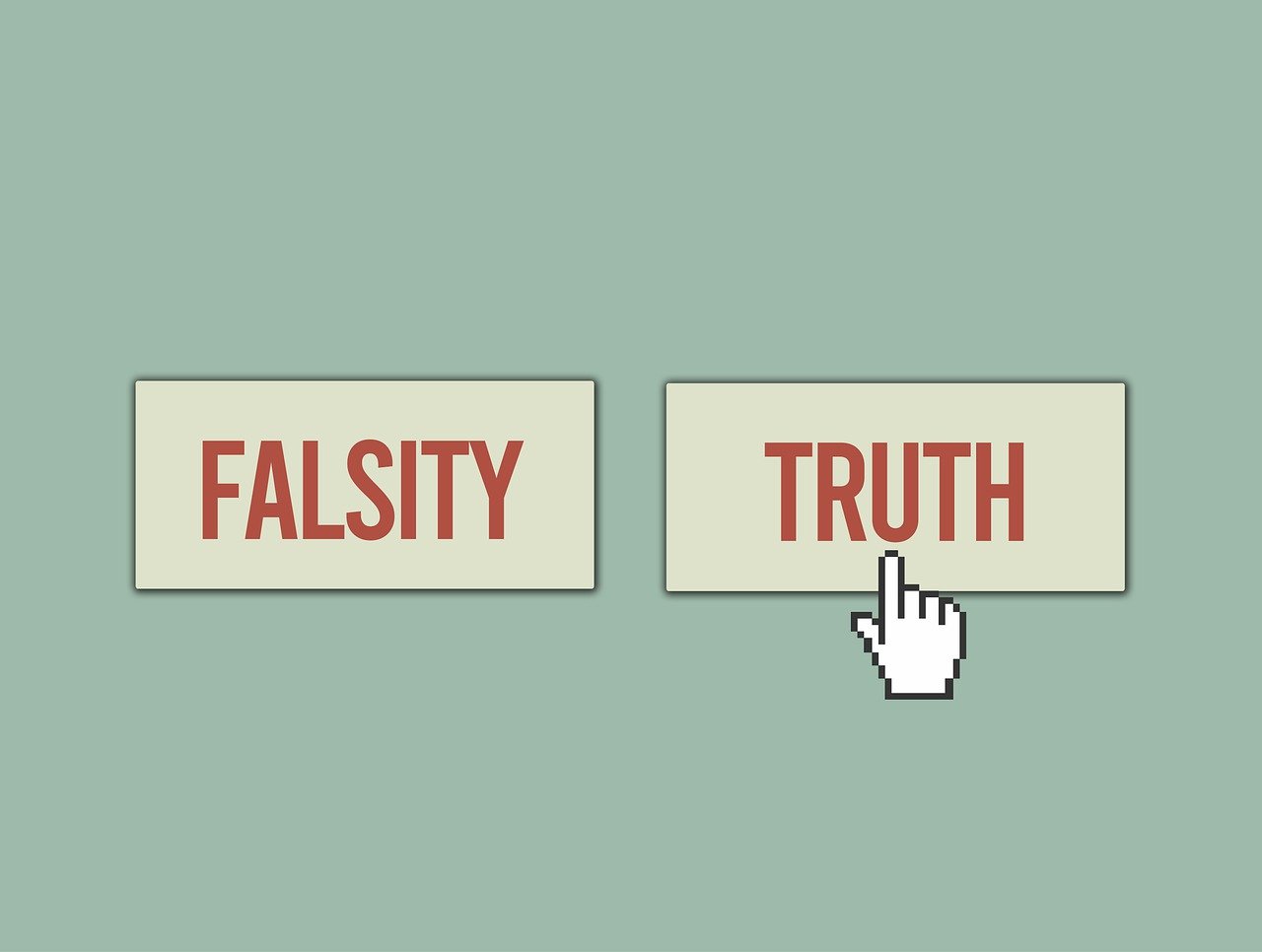How often do you re-evaluate your SEO strategies?
SEO, or Search Engine Optimization, is the process in which you refine your website and its content for maximum search engine rankings and results. Regular SEO is the backbone of a healthy and successful website. Without it, your competition will leave you in the dust.
Always assume that your competitors are performing regular SEO or paying someone else to. It can be easy to push SEO by the wayside or to forget to optimize your content when trying to publish in a rush. However, forgetting to optimize your content is a fatal error.
Fortunately, it’s also been made a relatively simple process. WordPress and similar publishing sites offer dozens of tools and plugins, both in-house and external, that help evaluate your content before you send it out into the world wide web. Today we’re going to bring you some SEO reminders that can help you refine your content and help your website reach its maximum potential.
Be Critical
The first and most important step in performing Search Engine Optimization is to be critical of your own work. It can be difficult at times, but we must accept that we will not always be drafting and completing content to perfection. SEO helps us to iron out the kinks and produce content that not only reads better, but that has greater visual appeal and exceeds the high standards presented by search engines and potential web traffic.
Take a look at your content with the intent to be critical of it. What paragraphs would you not want to read? Do you like the layout and aesthetic? Is this topic really worth writing 3000 words about?
You are your website’s first line of defense when it comes to SEO. You can save yourself a lot of time and extra work by being critical not only upon completion of content but during the process of content creation as well. If something stands out to you during the first draft, don’t be afraid to identify and correct it then and there. If you aren’t completely satisfied with your content, it is very likely that your visitors will feel the same way.
Scope Out the Competition
What is your competition doing better than you? Do they have longer articles? Are they filled with greater sources and links? Do they post videos that are more captivating? Images that are a higher resolution?
A great way to see why your competitors, especially those ranking higher than you on Google or Bing, are outperforming you is to see what they are doing that you aren’t. You don’t need to over-analyze every single word-choice or article topic, but you do need to get a general feel for what truly separates their website from your own. Is their design more modern? How to they break apart their written content with images, headings, and spacers? What topics do they frequently speak on that you don’t? In other words, what do they do better than you?
On the other hand, you should also use this as an opportunity to see what you do better than them. Knowing your own strengths is equally as important as knowing your own weaknesses. By understanding what you do better, you can get a better handle on your business’ competitive advantage. When you understand this, you can capitalize on it and play to your own strengths while at the same time touching upon your own weaknesses.
Think Through Your Keywords
What keywords are you using in your articles? How frequently do you select these keywords? Are they relevant to the article topic?
Keywords may seem straightforward, but the wrong keyword choice can keep you from reaching your maximum audience. The inclusion of an unnecessary keyword may attract the incorrect audience, while the exclusion of a necessary keyword may keep you from reaching your intended audience with your content. Make sure that you are choosing keywords that are specific to your topic but that would also appear in common search terms and phrases. Avoid reusing the same keywords over and over as Search Engines will dock websites and articles that lack keyword diversity.
Link Authoritatively
Links should be used with as much care and concern as keywords. Links to irrelevant or unrelated content can not only mislead your audience but are warning signs to search engine algorithms. Links like this dock credibility from your website. Make sure that you only link to content that is topically or contextually relevant to the article or post that you are writing. Authoritative links help lend credit not only to the content and information that you are linking them to but to your website in general. Authoritative links let both users and search engines know that your website is one that can be trusted and that creates and puts out authoritative and valid content of its own.
Be Unique
Copy and pasting content from one site onto your own is not only legally and morally frowned upon, but it makes for a boring read. If you cannot add original commentary to a topic or subject, then you do not need to be writing about it. If you merely wish for your audience to read what someone or some other organization wrote then a quick link share on social media will suffice.
As important as it is to know what your competition is doing and to implement their successful strategies into your own master strategy, it is necessary that you be unique while doing so. Your spin is what audiences will remember you for, even if you’re promoting the same product or exemplifying the same information. Uniqueness is one of your greatest tools when it comes to SEO. Your website is optimized by the ways in which your content stands out from what everyone else is putting on the market. So don’t be afraid to make unique word choices, take unique stances, and to put your brand’s unique spin on every piece of content that your website produces.
Write Long Articles but Be Concise
If your written content is short enough to be put into a tweet then it should be tweeted, not posted. Search Engine Algorithms are biased towards long-form content. If you’re writing anything less than 1,000 words, you may want to reconsider your article. Are there ways that you can lengthen it? Can it be combined with another article?
If you can produce 1,000, 2,000, or even 3,000-word articles you can greatly increase your chance of not only captivating your audience but of appealing for greater search engine rankings. The longer that a person remains on your website to read and engage with your content, the likelier they are to stay and more importantly, to return. Long-form content also helps increase your authoritative ability to continually speak to a user. If you can inform them with your first 1,000-word article, what else might you be able to teach them with longer articles?
However, you should not try to cram your article with as many words as possible. If you don’t have anything left to say on a topic, end your paragraph and move on. Search Engines and Users can both easily tell when an article is being crammed with words for the sake of longevity and when an article is long because the author has much to say.
Moderate
What are you doing to optimize your content AFTER it has been posted? Performing SEO before publication is very important, but it is not the final step. Once an article or blog post has been published, it needs to be continually maintained. This doesn’t mean that you need to check in on it every day for a year, but that you should plan on committing time and attention to its upkeep, especially in the first few days of publication. Engage with your audience in the comments, take note of what parts of the article people seem to connect with the most, and add any additional links or sidenotes that you may stumble upon in the days to follow. When it comes to moderation, a little can go a long way. A quick reply to a user question on one of your articles could very well land you your next paying customer.
Remember New Technology
The technology you use to write your content may not be the same technology your audience uses to read it. The browser you use to preview your content may be different from the one the majority of your audience will use to read and comment on it. Make sure that you are taking new and different technology into account when performing SEO on your site.
Have your text blocks and images been optimized for mobile devices? Do you have a dedicated mobile website? Are there any words in your title that may be difficult to spell or to speak aloud if searching with an audible device? Make sure that your content is optimized for more devices than just the basic web browser, take full advantage of the technology available to your customers because they are likely to find you outside of the traditional box ways.
Conclusion
Search Engine Optimization doesn’t need to be a constant source of headache or heartbreak. However, it is a necessary step in creating effective written content that grows and engages your audience. If you are not appealing to user or search engine standards, you are likely to be left in the digital dust. Make sure that you are taking the time to perform SEO not only just prior to publication, but soon after as well. Make dedicated efforts to moderate your content, choose authoritative and effective links and keywords, and intentionally maximize compatibility across mobile and web platforms.
Featured Image:
Image by Gerd Altmann from Pixabay




















